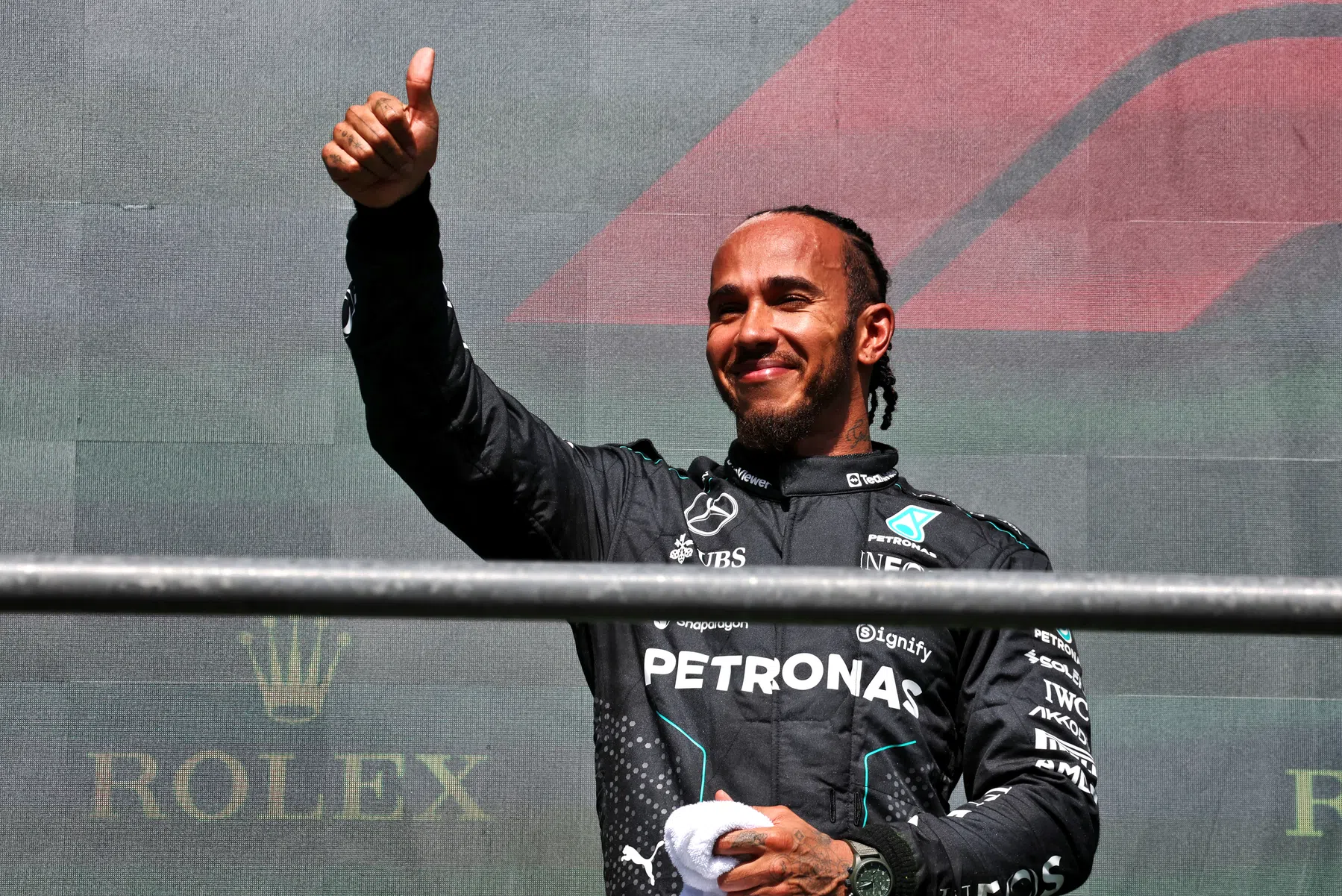Villeneuve makes WILD suggestion about Hamilton's F1 career longevity
F1 News

Jacques Villeneuve has made a wild suggestion about the potential length of Lewis Hamilton's career. The 1997 World Champion engaged in a war of words with Daniel Ricciardo earlier this year, suggesting his image kept him in Formula 1 rather than his actions on track. The Canadian doesn't believe that about Hamilton, instead suggesting the 39-year-old could stay on the grid for another 10 years.
Not many drivers have raced in more Grands Prix than Lewis Hamilton. The Brit is closing in on 350 Grands Prix, but the drivers around him on the all-time list all took breaks in the sport. That includes the record holder Fernando Alonso, second-placed Kimi Raikkonen and fifth-placed Michael Schumacher. Instead, Hamilton has been an ever-present on the grid since 2007, only missing one race due to COVID-19 in 2020.
How long can Hamilton race in Formula 1 for?
First, Villeneuve looks at Alonso who recently signed a deal that will see the 43-year-old remain on the grid in 2025 and 2026. “Alonso is still quick. He’s still hungry," Villeneuve told Prime Casino before looking at Hamilton.
Hamilton signed a deal with Ferrari that will see him on the grid in at least 2025 and 2026. "It depends how it goes (for Lewis) at Ferrari. If it sucks the energy out of him or not. That’s all. He could do another 10 years. He’s fit, he’s super fit, he’s strong, why stop? Why not? Unless at some point he’s just had enough and he gets tired," he added.
"It’s when that kicks in, when you’re just too tired. If you wake up and get to the door and think oh gosh I have to go to the track today – if that kicks in, that’s when you have to stop. It (F1) is very chaotic and it seems to be hard to constantly have the full support, it seems to be a moving ball, and Lewis needs the support. That’s been obvious. Take Max – even without support he’s out there, killing it. Lewis seems to be more sensitive to the support.”

